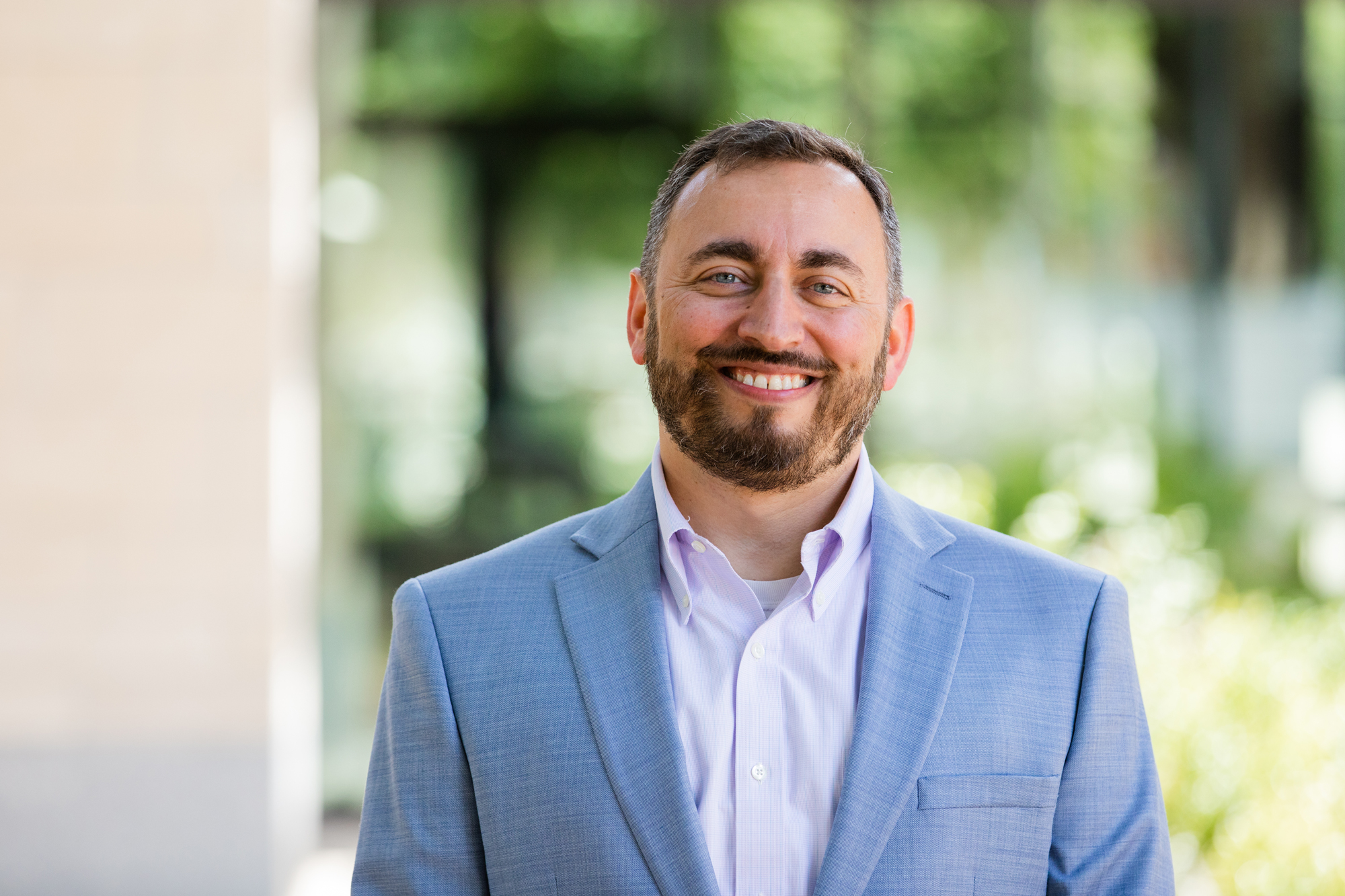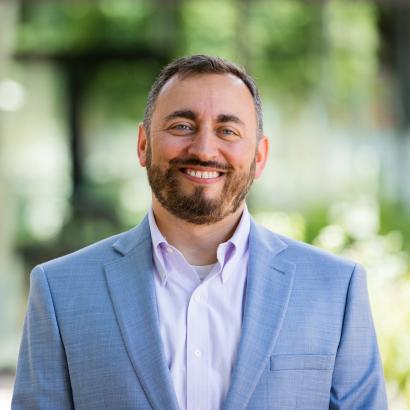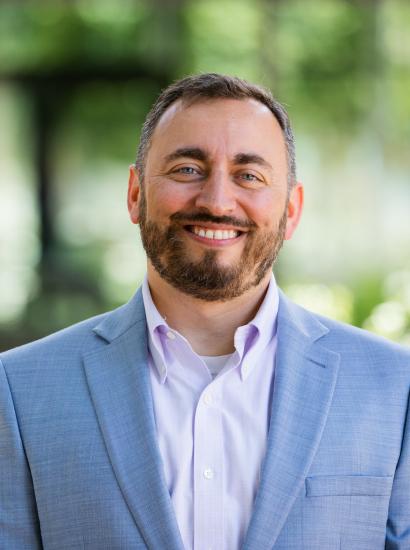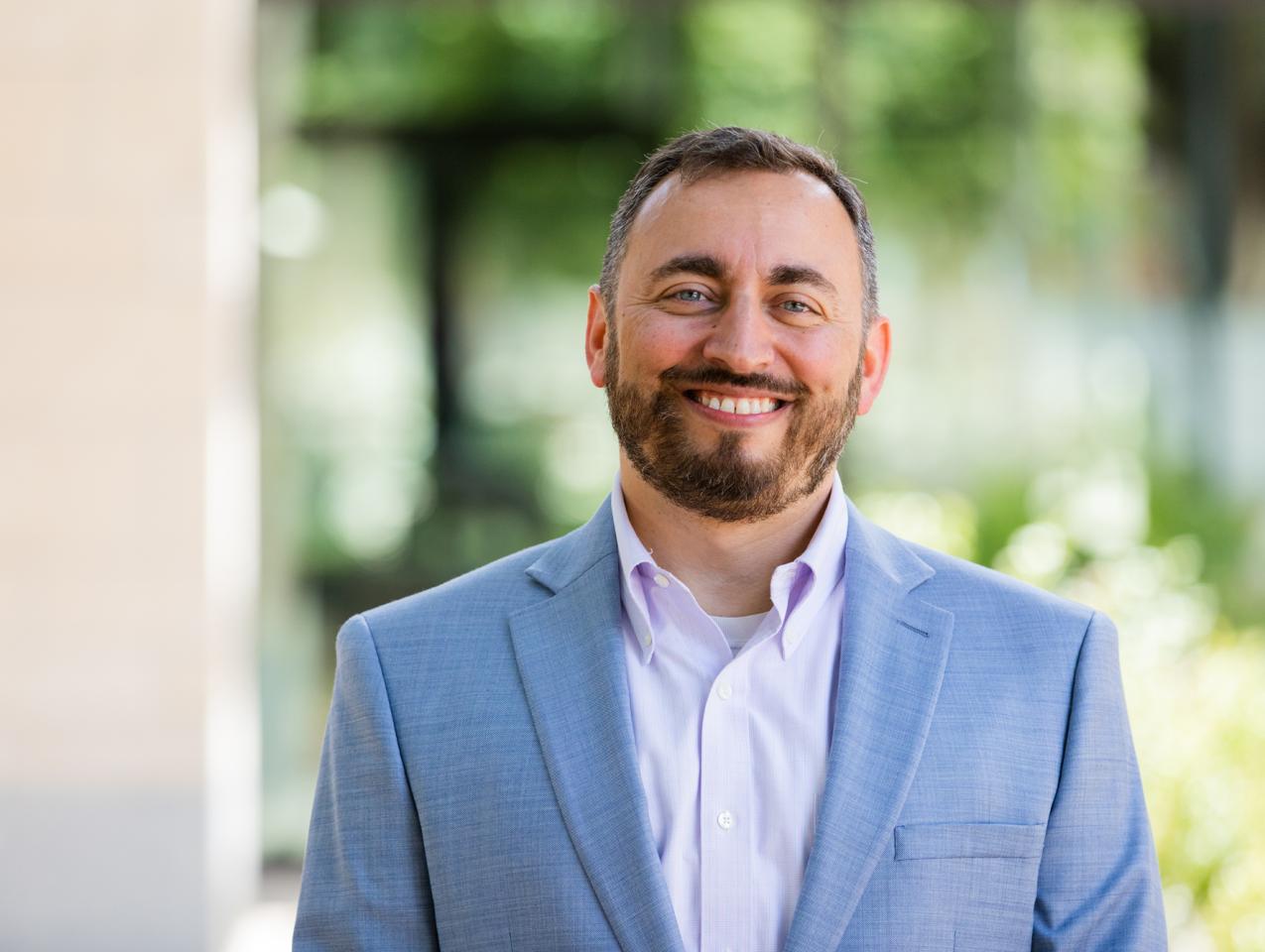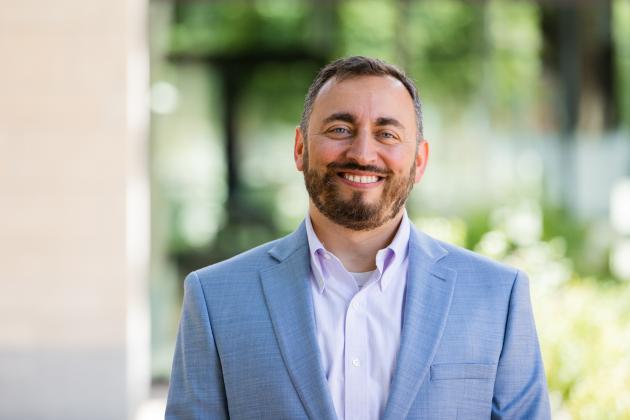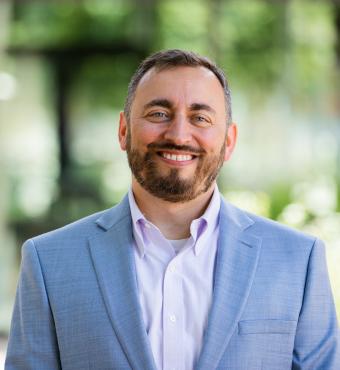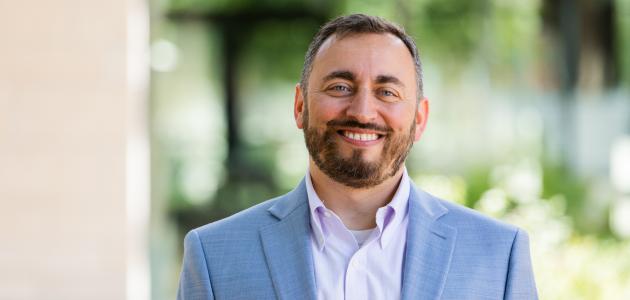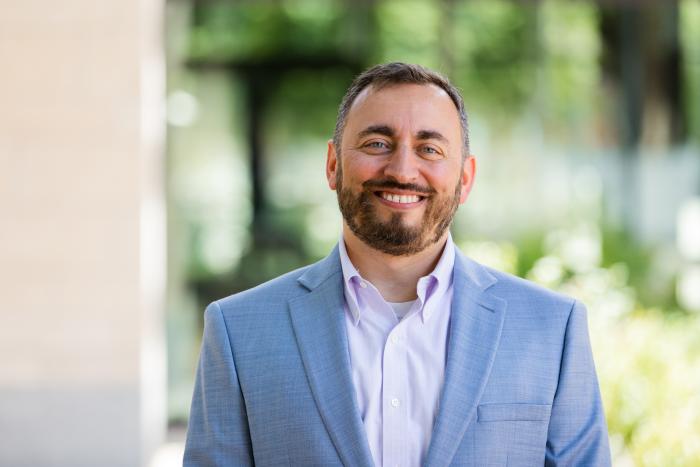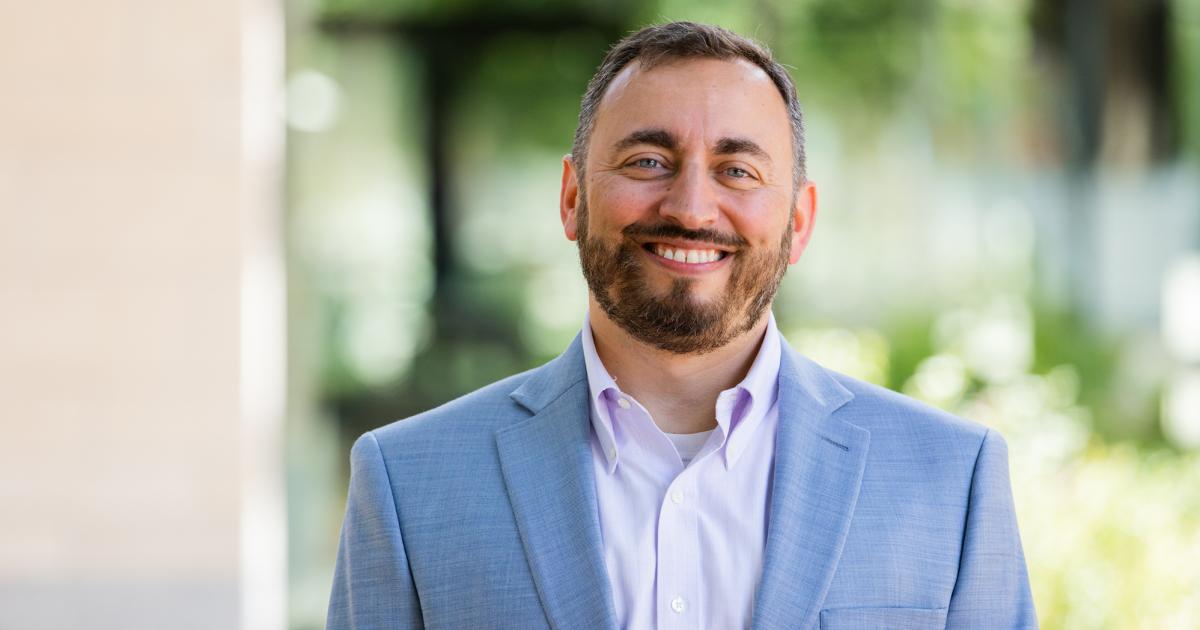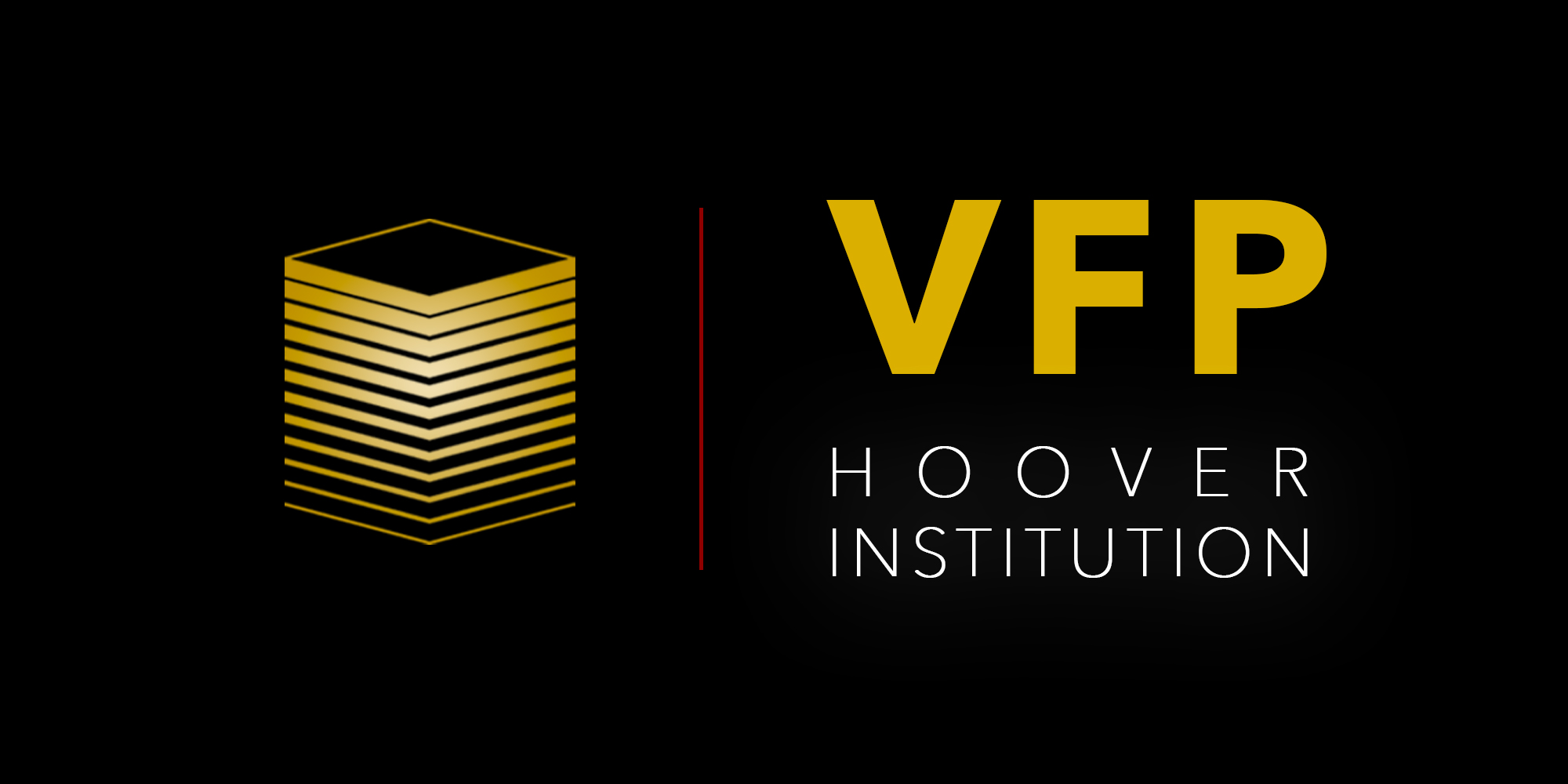John Moses was a part of the third cohort of the Hoover Veteran Fellowship Program in 2023–24. He spoke to Chris Herhalt about what the experience meant to him, how it helped him set up an organization devoted to resettling Afghan refugees in his home state of Massachusetts, and how he’s working to keep Afghans out of harm’s way at home and abroad. US veterans are invited to apply to join the 2025–26 cohort of Hoover’s Veteran Fellowship Program here.
Chris Herhalt: John, thank you so much for taking some time to speak with me. I want to ask what motivated you to join the Hoover Veteran Fellowship program, and what was your project or area of focus when you were here?
John Moses: Absolutely. Great question. So, the reason I joined the Hoover Veteran Fellowship was because it was a “doers” program.
A lot of fellowships for an enlisted soldier with just a bachelor’s degree, unless you really understand how they work, aren’t necessarily as accessible. But for me as an NCO [noncommissioned officer], as an enlisted person that retired, this kind of program made a lot of sense to me.
You’re going to help me with resources; you’re going to let me self-direct. And then when I heard about [the program], I was really thrilled with the opportunity to try and build the Massachusetts Afghan Alliance. Which, fun fact, when I filled out the application for the Hoover Veteran Fellowship, was actually just an idea.
It was in my head, and the application was the first time I developed a business plan. So, I love the idea of the program, and then the biggest thing for me was being surrounded by other veterans, because I knew they were going to pick incredible people, and they weren’t going to put men and women that weren’t going to do the work in front of Condoleezza Rice.
Right? Her reputation’s behind it. So, [the VFP] had all the things I wanted. I was going to learn, [the program] was going to grow, and I was going to be able to build a project for Massachusetts Afghan Alliance, which then became the project that I love and is still running, still going strong for sure.
Chris Herhalt: How did the time here shape your thinking or approach to leadership and policy, and crafting and building what became Massachusetts Afghan Alliance?
John Moses: Yeah, that’s a great question. So, one of the things I learned, quite a few things I learned a lot about, even being from the military, was about accountability. It was about working at the level of somebody like Director Rice. It’s somebody at that kind of fellowship level, how the politics are, how to listen to other people’s opinions even when I staunchly disagree. But it has become a skill I’ve learned, learning how to network, learning how to look at multiple solutions at the same time and plan for failure.
I learned a lot from Hoover. They really built on the military skills and disciplines I already had. And I just realized those skills had to be used in a different way and around different types of power structures and things like that.
Chris Herhalt: Okay, so what was the most valuable aspect of the program, in your opinion?
John Moses: The people, 100 percent.
Chris Herhalt: Can you elaborate on which people?
John Moses: The team at Hoover is really great, you guys. We started working together, but it’s obvious that the program has a direction. They stick with that direction. They don’t bend on their standards, which I think is really important.
I think the people in Hoover understand that veterans don’t need a lot of “show you how to do it.” They’ll show you, “This is how other people do it,” and then it kind of leads you to the answer. Which has been great, because I founded my own company, now I have founded my own nonprofit, and a lot of that was built off of the people and the introductions they give.
And never underestimate the network, how important that network becomes after you leave. So, I don’t just mean the staff, I mean the people you’re surrounded with.
Chris Herhalt: How has the program influenced your work goals afterward? Feel free to incorporate what you’re doing now with Massachusetts Afghan Alliance.
John Moses: So, when we started Massachusetts Afghan Alliance, we were founded on the premise of the evacuation of Afghanistan in August 2021. We helped a bunch of people out, kind of on our own. Mass. Afghan came about and [joining] Hoover came about because I was witnessing Afghans arrive in Massachusetts, specifically, who were arriving in vastly different conditions.
My entire thing with Mass. Afghan was about resettlement. One of the principles I really learned—and it was really, really emphasized—was the ability to pivot or change direction. So, since the election, since January 20, 2025, politics aside, migration has changed. It’s changed for everybody, including our Afghan allies and the friends that we sometimes even financially supported to bring here.
So, Massachusetts Afghan Alliance has really pivoted now, and again, we learned this skill because your organization has a mission. And if your mission doesn’t exist, what do you do? Do I just give up? Well, that’s not the Hoover way, right? So, the Hoover way is you find something new.
Now what we do is we’re doing more private events to bring Afghans together to feel safe so that they know they’re not going to be in trouble. We will be going to the courthouse as people go in for their asylum hearings. We’re going to do courthouse visits with them.
It costs us nothing, but it gives an invaluable amount of safety to people. But I’ll tell you, if I hadn’t learned or kind of embedded that lesson in my day-to-day work, that flexibility, the amenability to people giving you opinions, like hearing advice from people, Mass. Afghan never would have become a [nonprofit corporation], and it definitely wouldn’t still exist after the changes in January.
Chris Herhalt: What would you say to other veterans considering applying for this year’s cohort or those who want to support it with a particular emphasis? It’s come up before that, folks, NCOs, junior enlisted servicemembers, they look at it and say, “Maybe that isn’t for me.” What do you say to those folks?
John Moses: First of all, I’m very pro-enlisted. I think that’s important to me, and I think anybody in my cohort will tell you that. I would say I was afraid to apply for this fellowship, and I almost didn’t, because I assumed it was only for officers and only for brilliant, smart people with doctorates, which you do take.
That is not the measure of Hoover Veteran Fellows, is it? Can you accomplish a mission? Can you perform your tasks? And can you, at the end of it all, produce your dream or your company or your concept in a way that is really impactful on the world? And I think enlisted people are often underestimated because they aren’t necessarily officers.
So, for people that are hesitating, I would say if you have a good idea and you want to really work it out, and you really want to continue the excellence that you carried as an NCO, this is a program for it. And they respect NCOs here. I think that’s really important.
They really respect the enlisted class. So, my senior NCO advice, my sergeant first class advice, would be sign up, come up with a plan, try to make it, and if you don’t, do it again next year, because it’s one of the best experiences I’ve ever had and it’s worth the effort.
Chris Herhalt: All right, can you talk to me a little bit more about the genesis of Massachusetts Afghan Alliance?
John Moses: Yeah. So, in 2021, during the collapse of Afghanistan, I was stationed in Afghanistan in 2011 and 2012, fortunate to be at the [US] embassy.
So, I had a lot of Afghan friends. [The embassy] is about 90 percent Afghan employees. So, when the country starts to collapse, I get a phone call from my interpreter in California who is in the US, but his brother and family are in Afghanistan. And it was August 16th.
It was the night of the collapse. And what came from that is, “I’m gonna help your brother get out.” And then I started working that week, building up groups within Signal chats and then finding all these other people. And what came of that was a group we called the Evac Fellows.
One of them is actually a Hoover fellow. Her name’s Liesel Bogan. So, Liesel and I, and a bunch of other veterans, kind of coalesced into a group. And over those two weeks, we got 68 people out to the airport, through the gate, onto a plane, and eventually to the US. Most of those families are all here.
These are mostly SIV families—special immigrant visas. So then the airport closed, I was at home, the mission was done, and I was looking for direction. And there were all these Afghans going through this process [of permanent placement]. And then finally they start getting off the military bases and they show up [in Massachusetts communities].
And the genesis of Mass. Afghan was watching an Afghan family show up with no volunteer support, which happens, right? They don’t have a lot of money. They don’t have all the things. And then some [families] would show up with me and maybe 16 other people to help them.
And I just didn’t find that to be a great experience, I wanted to balance the experience. So, Mass. Afghan and the VFP application was based off of this want and desire in Massachusetts to make Afghan allies feel welcome, feel part of the community, to provide services, to be able to bring them together, especially women, artists, people from the Afghan culture, to teach my community about Afghans. And that’s where the application came from. And that went through very many iterations.
Chris Herhalt: So now how has this mission pivoted in light of what’s happened after January 20?
John Moses: I think one of the things I don’t think people realize is that veterans are still helping Afghans in Afghanistan, including Kabul.
We’re helping them in Pakistan in most cases now, because one of the things that changed was the government funding for relocation from Afghanistan is gone. Right. So even though the government said, “We’re not going to pay for this,” veterans and other volunteers said, “Fine, we’ll pick up the tab.”
So, at this point, what we’re doing is we’re doing some financial support for remaining SIVs that are overseas, Special Immigrant Visas, translators, even husbands. So we have to take care of the funding, all of the movement, and there’s other organizations that I work with to help with that.
Essentially my mission is now twofold. There’s no more resettlement. If it does happen, we’re still going to support the resettlement of the family, but that’s very rare. So, what we’re doing now is, like I said, we’re doing more safe events.
We were doing big public events. We’re no longer doing public events. We’re going to be planning the rest of our events indoors, as invite-only places Afghans can come and meet up with people. And the other half is helping those Afghans that remain—we had several Afghans that were on the hook to come to the US and who are now trapped.
So that requires housing, it requires food. We provide education to a couple of families overseas, the ones we can afford. It does get costly, but essentially, we’re doing two things:
Trying to support the people that are here. And that’s going to include immigration court visits, pure safety, ICE awareness training, stuff like that, training on how to respond if you’re supposed to be here.
We help with advice. [The government is] going backwards now and canceling people’s immigrant visas and their green cards and stuff. So those will start coming up. But I think our new thing is going to be how we protect the relocated Afghans that are here. That’s what I’m working on. And how do I get more Afghans here despite all of this?







